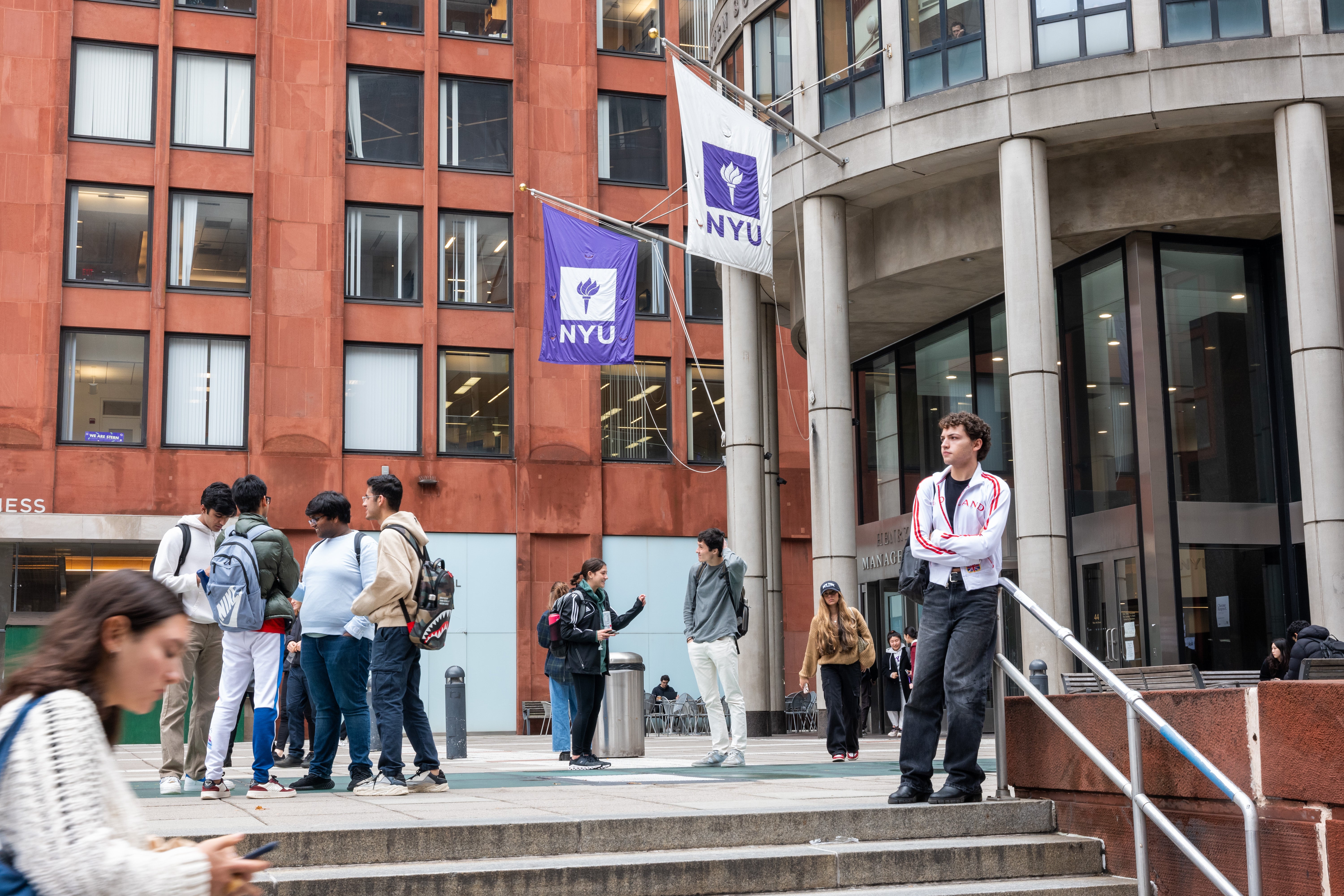In a striking turn of events, Ryna Workman, the head of the Student Bar Association at New York University (NYU), was voted out of their position by law students following comments made regarding the Israel-Hamas conflict. The situation escalated after Workman, who identifies with they/them pronouns, issued a statement that was perceived as controversial and sparked nationwide discussions. Their remarks, which included a declaration that “Israel bears full responsibility for this tremendous loss of life,” came in the wake of the tragic events of October 7, when Hamas launched an attack that resulted in significant civilian casualties.
Workman’s statement suggested that a “regime of state-sanctioned violence created the conditions that made resistance necessary,” which further fueled the backlash from fellow students and university officials. As a result, a significant number of students—out of 1,176 who participated in the vote—expressed their support for Workman’s removal, leading to a dramatic shift in the leadership of the SBA.
The implications of this incident extend beyond the university campus. It raises critical questions about free speech, academic environments, and the boundaries of acceptable discourse in educational institutions. As students and faculty navigate the complexities of political discourse, the situation exemplifies the challenges faced by those who speak out on contentious issues.
Background on Ryna Workman and Their Leadership
Ryna Workman made headlines not only for their leadership role but also for their outspoken views on various social justice issues. As a student leader, Workman was known for advocating for marginalized voices within the law school community. Their approach to leadership emphasized inclusivity and the importance of addressing complex global issues through a lens of empathy and understanding.
However, this commitment to advocacy also generated friction within the school. Workman’s comments regarding the Israel-Hamas conflict, particularly in light of the recent violence, led to a polarized response from the student body. While some students supported their perspective, others felt that such statements could be damaging to the community.
Key Events Leading to the Vote
The timeline of events surrounding Workman’s removal began with their initial statement made shortly after the October 7 attacks. As the situation in the Middle East escalated, Workman’s remarks were interpreted by some as insensitive or inflammatory. This prompted a swift reaction from various stakeholders, including law faculty and potential employers, leading to significant repercussions for Workman.
In a surprising move, the law firm Winston & Strawn rescinded a job offer to Workman, citing the statement as contrary to the firm’s values. This action further intensified the debate surrounding free speech in educational settings, highlighting the potential consequences of expressing controversial opinions.
Impact on the Student Body and University Policy
The fallout from this incident has had a profound impact on the student body at NYU. Many students have expressed concerns about the implications of such a vote on free speech and the ability of students to express dissenting opinions without fear of backlash. This situation has ignited discussions about the role of universities in fostering an environment that encourages open dialogue, even on contentious issues.
Furthermore, the administration’s response to Workman's statements has been scrutinized. Critics argue that punitive measures against student leaders who speak out can create a chilling effect, stifling important conversations about social justice and human rights. The Middle East Studies Association has even voiced support for Workman, emphasizing the need for academic institutions to be spaces for debate and discussion.
Broader Implications for Academic Freedom
This incident at NYU is not an isolated case but rather a reflection of a larger trend observed across campuses nationwide. Many universities have faced similar challenges as students and faculty navigate the complexities of political discourse in an increasingly polarized society. The balance between maintaining an inclusive environment and protecting free speech remains a delicate issue that institutions must address.
As discussions about the Israel-Palestine conflict continue to unfold in various contexts, the implications of Workman's removal serve as a poignant reminder of the challenges faced by student leaders. Their experiences highlight the necessity for dialogue, understanding, and the protection of diverse perspectives within academic settings.

Conclusion and Reflection
The removal of Ryna Workman from their position as head of the Student Bar Association at NYU marks a significant moment in the ongoing discourse surrounding free speech and academic freedom. As universities grapple with the complexities of political advocacy and student expression, the lessons drawn from this incident will undoubtedly shape future policies and practices.
Ultimately, fostering an environment where diverse opinions can coexist is crucial for the development of critical thinking and understanding among students. As the NYU community reflects on this event, it becomes clear that the path forward must prioritize dialogue, inclusivity, and the protection of free expression as foundational elements of academic life.




